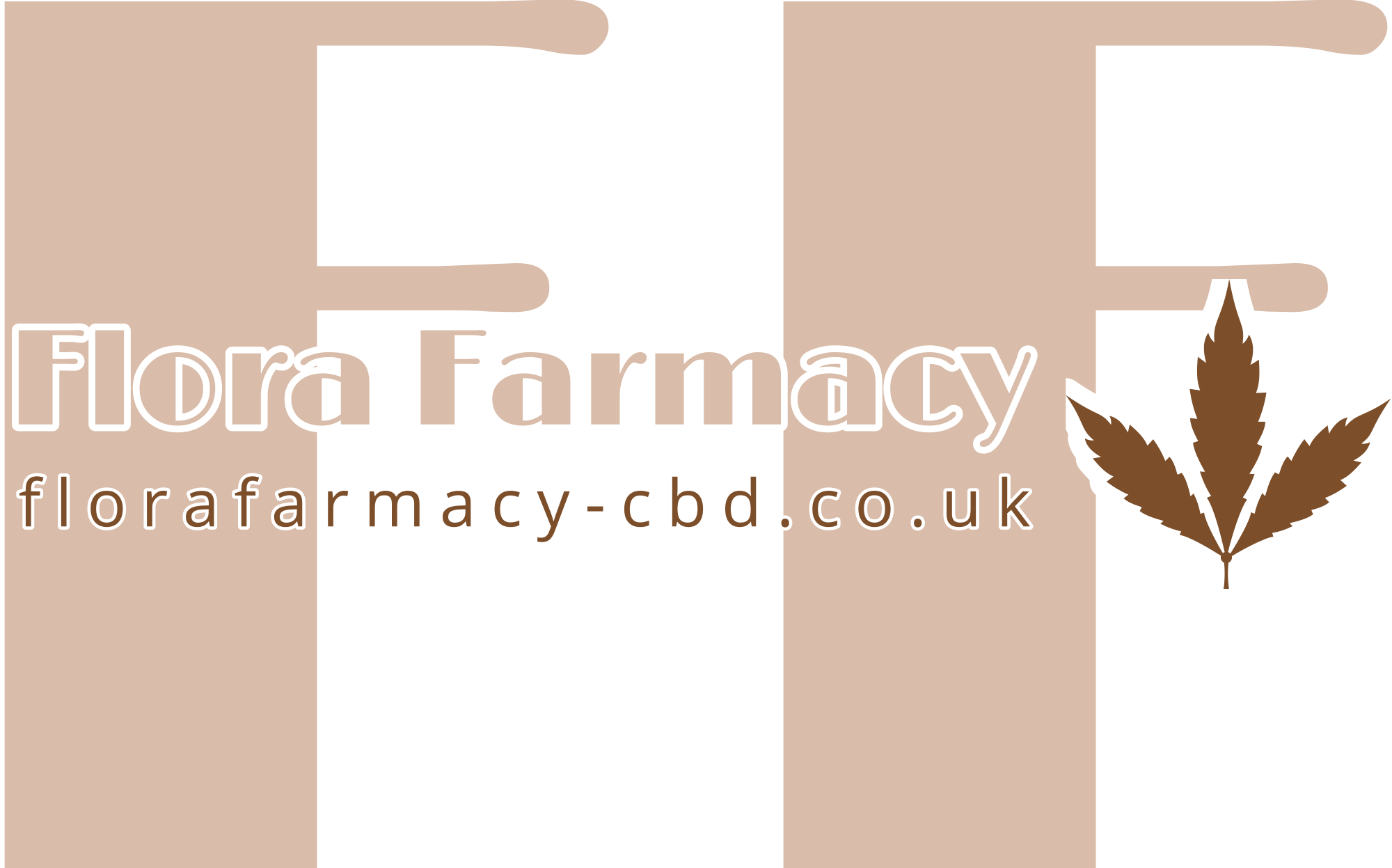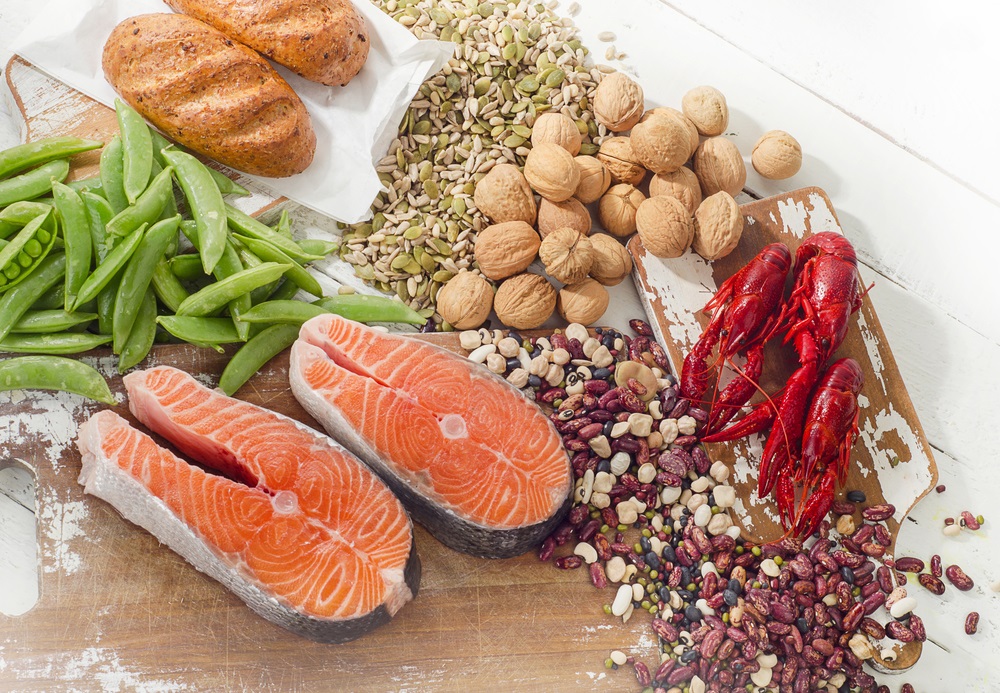Vitamin B12 is essential for various bodily functions, including nerve function and red blood cell formation. While it’s primarily found in animal products, obtaining adequate amounts can be crucial for maintaining overall health, especially for individuals following vegetarian or vegan diets who may need to supplement. This guide explores how to maximize your intake of Vitamin B12 from animal sources.
Understanding Vitamin B12
Vitamin B12, also known as cobalamin, is a water-soluble vitamin that plays a key role in DNA synthesis, red blood cell formation, and neurological function. It’s crucial for maintaining healthy nerve cells and is involved in the metabolism of every cell in the body.
Sources of Vitamin B12
Vitamin B12 is naturally present in a variety of animal foods and is added to some fortified foods. The richest sources include:
- Meat (such as beef, lamb, and pork)
- Poultry (such as chicken and turkey)
- Fish and shellfish (such as salmon, trout, tuna, and clams)
- Dairy products (such as milk, yogurt, and cheese)
- Eggs
Recommended Daily Intake
The recommended daily intake of Vitamin B12 varies by age and life stage:
- Adults: 2.4 micrograms per day
- Pregnant women: 2.6 micrograms per day
- Breastfeeding women: 2.8 micrograms per day
Maximizing Vitamin B12 Intake from Animal Sources
To ensure you’re getting enough Vitamin B12 from animal sources, consider the following tips:
Choose Lean Cuts of Meat
Lean cuts of meat, such as sirloin and tenderloin, provide a concentrated source of Vitamin B12 without excessive saturated fat. Incorporate these into your meals regularly.
Include Poultry in Your Diet
Chicken and turkey are excellent sources of Vitamin B12. Opt for skinless poultry to minimize saturated fat intake while maximizing nutrient content.
Eat Fatty Fish
Fatty fish like salmon and trout not only provide Vitamin B12 but also omega-3 fatty acids, which are beneficial for heart health. Aim for at least two servings of fish per week.
Incorporate Dairy Products
Dairy products such as milk, yogurt, and cheese are rich sources of Vitamin B12. Choose low-fat or fat-free options to reduce saturated fat intake while meeting your nutrient needs.
Include Eggs
Eggs are a versatile and nutritious source of Vitamin B12. Whether scrambled, boiled, or incorporated into recipes, eggs can boost your daily intake of this essential vitamin.
FAQs About Getting More Vitamin B12 from Animal Sources
How much Vitamin B12 do I need daily?
The recommended daily intake of Vitamin B12 is 2.4 micrograms for most adults. Pregnant and breastfeeding women have slightly higher requirements.
Can I get enough Vitamin B12 from plant-based sources?
While some plant-based foods are fortified with Vitamin B12, the most bioavailable sources come from animal products. Vegetarians and vegans may need to consider supplements or fortified foods to meet their Vitamin B12 needs.
Which types of meat are highest in Vitamin B12?
Beef, lamb, and pork are among the richest sources of Vitamin B12. Opt for lean cuts to minimize saturated fat intake.
Are there any risks of consuming too much Vitamin B12 from animal sources?
Vitamin B12 is water-soluble, meaning excess amounts are typically excreted in urine. There are no known toxic effects from consuming high levels of Vitamin B12 from food sources.
How can I ensure I’m absorbing Vitamin B12 effectively?
Vitamin B12 absorption can be affected by age and digestive health. Consuming foods rich in Vitamin B12 alongside foods high in folate can support absorption. If you have digestive issues, consult with a healthcare provider for personalized advice.
Are there any plant-based foods that naturally contain Vitamin B12?
No plant-based foods naturally contain Vitamin B12. However, some breakfast cereals, plant-based milks, and nutritional yeast are fortified with Vitamin B12.
Can I rely solely on dairy products for my Vitamin B12 intake?
While dairy products are a good source of Vitamin B12, it’s beneficial to include a variety of animal sources in your diet to ensure you’re meeting your nutritional needs.
How can vegetarians ensure they get enough Vitamin B12?
Vegetarians can incorporate dairy products and eggs into their diet to obtain Vitamin B12. Some fortified foods and supplements may also be necessary to meet recommended intake levels.
What are the symptoms of Vitamin B12 deficiency?
Symptoms of Vitamin B12 deficiency may include fatigue, weakness, tingling or numbness in the hands and feet, difficulty walking, mood changes, and memory problems. If you suspect you have a deficiency, consult with a healthcare provider for proper diagnosis and treatment.
Are there any specific cooking methods that preserve Vitamin B12 content in animal foods?
Cooking methods that minimize water contact, such as grilling, baking, or steaming, can help retain Vitamin B12 in animal foods. Avoid prolonged boiling or microwaving, which may reduce nutrient content.
Conclusion
Getting enough Vitamin B12 from animal sources is essential for overall health and well-being. By including a variety of meats, poultry, fish, dairy products, and eggs in your diet, you can ensure you’re meeting your daily Vitamin B12 needs. If you have specific dietary restrictions or concerns, consult with a healthcare provider or registered dietitian for personalized recommendations on optimizing your nutrient intake.
- Retinol Peel Near Capel, Surrey - May 31, 2025
- Traptox Aka Trapezius Botox Treatment Near Sunbury On Thames, Surrey - May 30, 2025
- What Is The Smallest Amount Of Lip Filler - May 30, 2025

